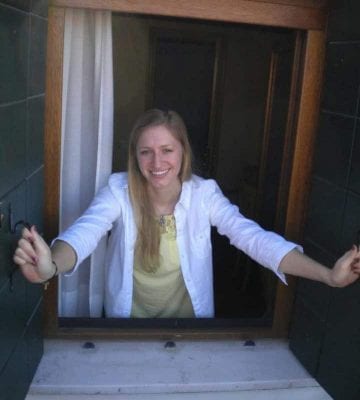In many ways, clinical counseling and pastoral counseling have a significant overlap in techniques used and in necessary skills. Lack of active listening, empathy, respect, and authenticity would make any class of counseling ineffective, and perhaps not genuine counseling at all.
Pastoral counseling in practice exhibits its uniqueness first in its basis in the identity of the Holy Spirit as the true Counselor, and second in the approaches and techniques enacted in the counseling process. For example, some techniques used by pastoral counselors for along time, and with an impressive track record, are various spiritual resources, such as books, daily meditations, and scripture. In the same way most counseling has homework or assignments to be practiced and completed by the client outside of session, these resources, have been shown to be considerably impactful in pastoral counseling. Through these resources, the individual seeking help is able to actively and personally encounter and reflect on different perspectives related to their reason for counseling, further education on their struggle in the context of their relationship with God, and a more direct experience of growth between themselves and God.
Another resource distinctive to pastoral counseling is connecting clients to particular resources available in the church community of the client. This could be support groups, individuals with similar life experience to the client who the pastoral counselor knows could be a good example for them and helpful, sacraments, retreats and classes, as well as even babysitting for single-parents. Examples like these are natural sources of support that can extend after and beyond the pastoral counseling relationship and be incorporated into the lifestyle of an individual long-term.
In general, the pastoral counselor always keeps the focus of the counseling not just on the client, but on the client and their issues in the context of the reality of who they are in Christ. The pastoral counselor seeks to strike a balance between the issue and the person, the person’s past and the present, and the presence of guidance and freedom in the process of counseling. The capability of a pastoral counselor to carry out these things is concretely rooted in their own daily reliance upon the Holy Spirit for strength, growth, and well-being, as they also hope to serve as a model for clients in pastoral counseling.







